While classic television often relegated mothers to background roles of cooking, cleaning, and dispensing milk with cookies, the most memorable TV moms of the ’60s and ’70s regularly proved they were the true intellectual powerhouses of their households. Behind those perfectly coiffed hairdos and apron strings were women who solved problems the men in their lives couldn’t touch, offered wisdom that stood the test of time, and quietly steered their families through crisis after crisis. These matriarchs didn’t need corner offices to demonstrate their intelligence—their living rooms were boardrooms enough.
1. Marion Cunningham’s Financial Management
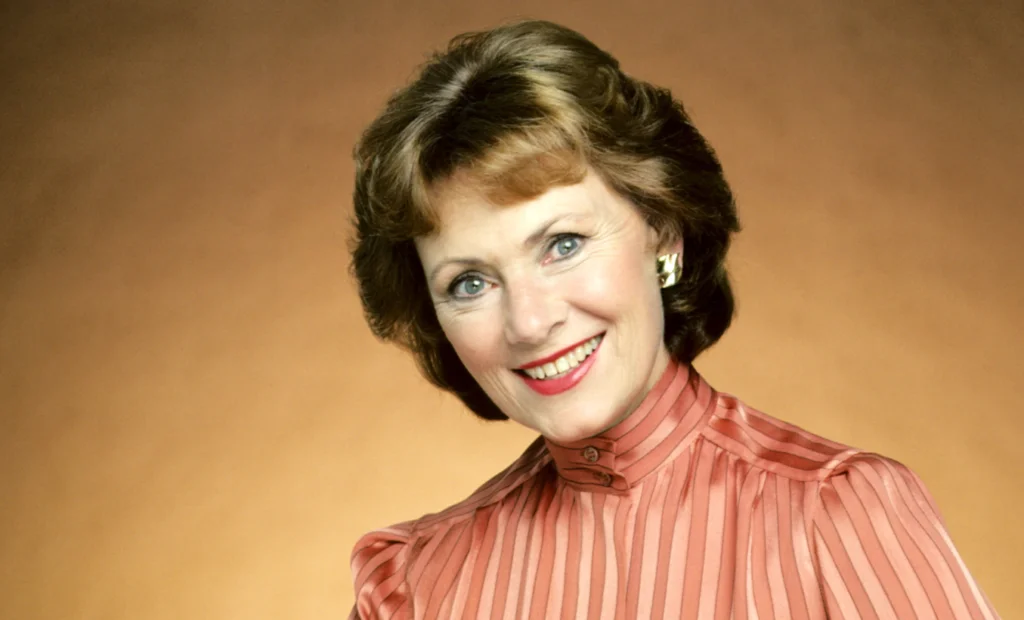
When “Happy Days” patriarch Howard Cunningham faced a cash flow problem with his hardware store, it was Marion who quietly revealed she’d been saving money all along for just such an emergency. Her envelope budgeting system—something she never bothered to explain to Howard because “he wouldn’t understand it anyway”—kept the family financially stable through economic ups and downs. Marion’s practical money management proved far more effective than Howard’s business school techniques, reminding viewers that running a household efficiently required serious financial acumen. If you thought you knew everything about this beloved character, Remind has several secrets that even the coolest Happy Days fans may not know.
Marion’s intelligence wasn’t just limited to pinching pennies—she also demonstrated remarkable emotional intelligence when guiding her children through various crises. When Richie or Joanie came to her with problems, she listened carefully before offering solutions that respected their autonomy while steering them toward better decisions. Her ability to maintain relationships with neighbors, manage Fonzie’s integration into their family life, and keep Howard’s blood pressure in check required the diplomatic skills of a seasoned ambassador and the psychological insights of a therapist—all while making it look effortless.
2. Florida Evans’ Educational Advocacy
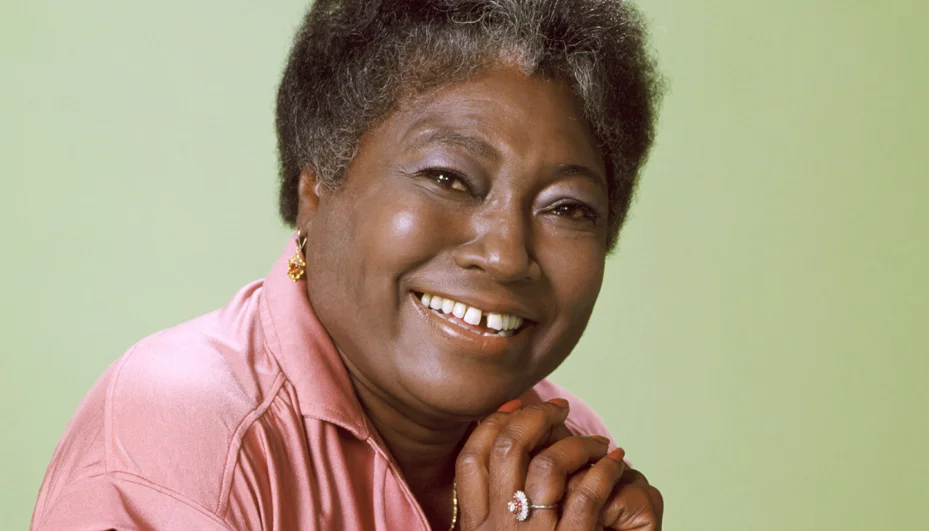
On “Good Times,” Florida Evans might not have had formal education beyond high school, but her fierce determination to secure better schooling for her children demonstrated her profound understanding of education as the path to social mobility. When her son J.J. began missing classes, Florida didn’t just punish him—she connected his current choices to future consequences in ways that made abstract concepts concrete for a teenage mind. Her memorable line, “Education is the way out of the ghetto,” wasn’t just a platitude but a strategic life philosophy backed by careful observation of successful people who had escaped poverty. It’s bittersweet to think about who remains and who left from the cast, and Remind revisits all the beloved stars who remain and who we mourn.
Florida’s intelligence was perhaps most evident in how she stretched impossibly tight budgets during the economic hardships of the ’70s, creating nutritious meals from minimal ingredients and finding creative ways to meet the family’s needs. When well-meaning social workers or teachers underestimated her because of her socioeconomic status, Florida consistently demonstrated deeper knowledge about her children’s needs and potential than the professionals with degrees. Her ability to maintain dignity and perspective while facing systemic challenges that would break most people revealed an intellectual resilience that was the foundation of the Evans family’s survival in Chicago’s housing projects.
3. Clair Huxtable’s Legal Brilliance
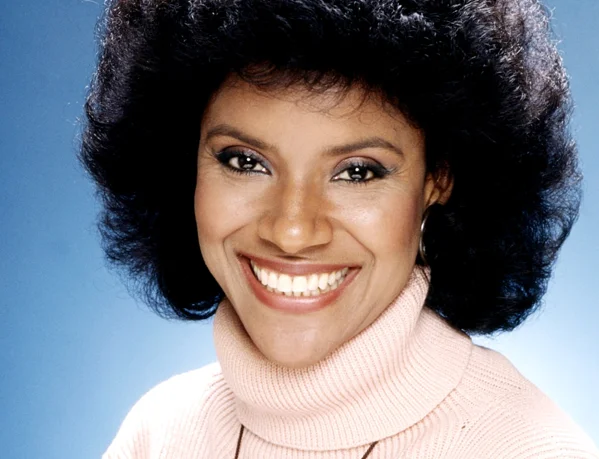
Although “The Cosby Show” began in the mid-’80s, its cultural roots were firmly planted in the ’70s sensibilities of professional Black families. As a successful attorney, Clair Huxtable regularly demonstrated her legal mind wasn’t confined to the courtroom but extended to family negotiations as well. When her children attempted to use technicalities or loopholes to circumvent house rules, Clair would systematically dismantle their arguments with the precision of a seasoned litigator. Her famous takedown of Theo’s attempt to justify his poor grades stands as one of television’s most eloquent defenses of parental authority and responsibility. Slate praises Clair as an empowering feminist icon for several demographics in important, uplifting ways.
Beyond her professional acumen, Clair’s multilingualism, knowledge of history, and cultural sophistication made her an intellectual force even when relaxing at home. She could quote literature while cooking dinner, correct historical inaccuracies in her children’s textbooks, and still find time to attend cultural events that broadened her family’s horizons. Cliff might have had the medical degree, but it was Clair’s comprehensive worldview and analytical thinking that elevated the family’s dinner table conversations into forums for meaningful intellectual exchange rather than mere recitations of the day’s events.
4. Edith Bunker’s Moral Wisdom
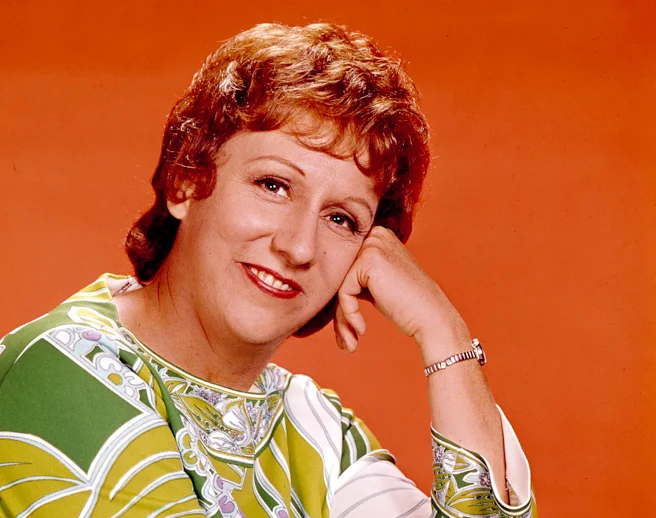
While “All in the Family” portrayed Edith Bunker as Archie’s “dingbat” wife, careful viewers recognized that her supposed simplicity actually masked a profound moral intelligence that consistently outshone her husband’s narrowmindedness. When confronted with complex social issues like homosexuality, racial tension, or women’s changing roles, Edith demonstrated an intuitive ethical framework that cut through prejudice with disarming clarity. Her ability to see the humanity in everyone—from her daughter’s feminist friends to Archie’s political opposites—revealed an emotional intelligence and ethical reasoning far superior to her husband’s rigid categorization of the world.
Edith’s wisdom became most apparent in episodes where she gently guided Archie toward more compassionate positions without directly challenging his authority or triggering his defensiveness. Her storytelling technique—relating seemingly unrelated anecdotes that contained subtle moral lessons—showed sophisticated rhetorical skills that anthropologists might recognize as the traditional wisdom-sharing approach of cultures worldwide. When Edith delivered lines like “God don’t make no mistakes, that’s how He got to be God,” she wasn’t being simple—she was distilling complex theological concepts into accessible wisdom that even Archie could occasionally absorb.
5. Louise Jefferson’s Business Acumen
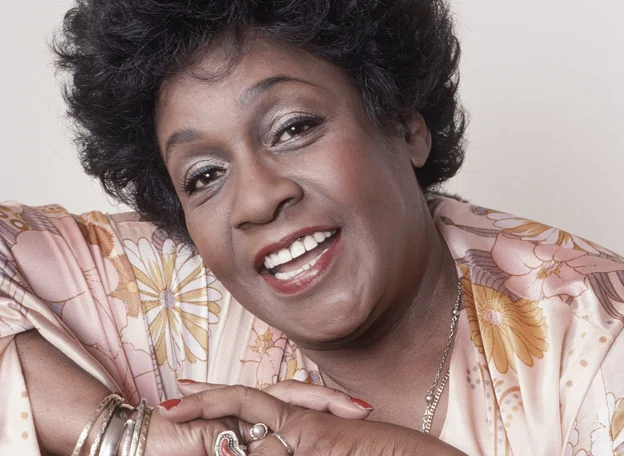
Before “moving on up to the East Side,” Louise Jefferson demonstrated remarkable business intelligence by managing the family finances that allowed George to expand from a single cleaning store to a successful chain. While George took public credit for their success, careful viewers noticed it was Louise who often vetted his business decisions, advised caution during expansions, and maintained relationships with clients and bankers who found George’s personality abrasive. Her understanding of cash flow management and customer service principles revealed practical business intelligence that complemented George’s entrepreneurial drive.
When the Jeffersons finally achieved upper-middle-class status, it was Louise who navigated the social complexities of their new environment with strategic intelligence. She understood which social connections would benefit George’s business, which charitable involvements would establish their legitimacy in new circles, and how to adapt to changing circumstances without losing their authentic identities. While George blundered through social situations with characteristic bombast, Louise’s careful observations and adjustments demonstrated the kind of adaptability that organizational psychologists recognize as a key indicator of high social intelligence.
6. Laura Petrie’s Creative Problem-Solving
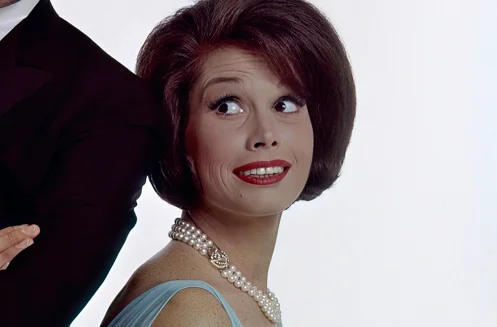
As the wife of television writer Rob Petrie on “The Dick Van Dyke Show,” Laura consistently demonstrated creative intelligence that rivaled or exceeded that of the comedy writers her husband worked with. When Rob faced writer’s block or plot problems, Laura’s seemingly casual suggestions often provided the breakthrough solutions that saved episodes of the fictional “Alan Brady Show.” Her ability to reframe problems, connect seemingly unrelated ideas, and find humorous perspectives in everyday situations demonstrated the same creative cognitive processes that professional comedy writers cultivate through years of practice.
Laura’s intelligence extended beyond creativity to practical domains as well, particularly in her innovative approaches to household management and parenting their son Richie. When Rob applied rigid, by-the-book approaches to child-rearing challenges, Laura typically offered more psychologically sophisticated alternatives that accounted for their son’s developmental needs and individual personality. Her intuitive understanding of child psychology—demonstrated when she crafted experiences that taught Richie life lessons rather than simply imposing rules—reflected an intelligence about human development that was decades ahead of the parenting advice prevalent in the 1960s.
7. Gladys Kravitz’s Observational Genius
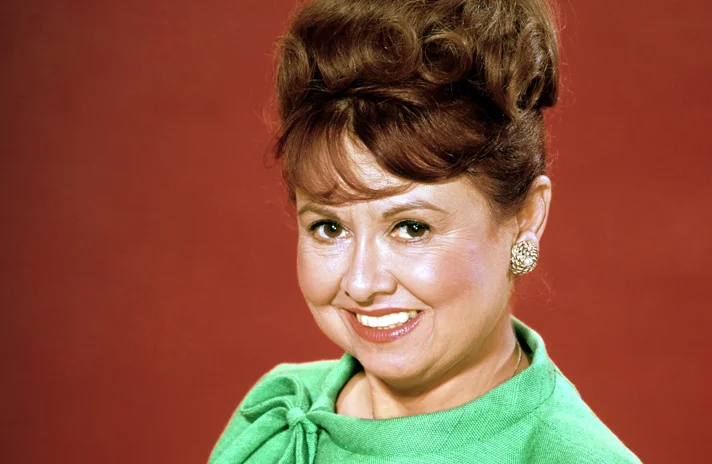
While not a mother character and often played for laughs as the nosy neighbor on “Bewitched,” Gladys Kravitz demonstrated remarkably accurate observational skills that the show framed as paranoid delusions. From a cognitive perspective, Gladys consistently detected genuine anomalies that others missed, accurately reported empirical observations, and developed reasonable hypotheses based on available evidence. The fact that her conclusions about Samantha were entirely correct, despite everyone dismissing her as crazy, positioned Gladys as perhaps the most empirically accurate observer in television history—recognizing magical phenomena that even scientists in the show’s universe failed to detect.
Gladys’s intelligence was particularly evident in her systematic approach to gathering evidence about the strange occurrences at the Stephens’ home. Her careful documentation, strategic positioning for observation, and persistent hypothesis testing despite social ridicule demonstrated the core elements of scientific methodology. While the show portrayed her as comically obsessive, viewed objectively, Gladys was employing observational techniques and inferential reasoning that would be respected in fields from intelligence analysis to scientific research. The true irony of her character was that her supposedly delusional conclusions were the only accurate assessments of reality in a neighborhood of genuinely oblivious residents.
8. Samantha Stephens’ Strategic Thinking
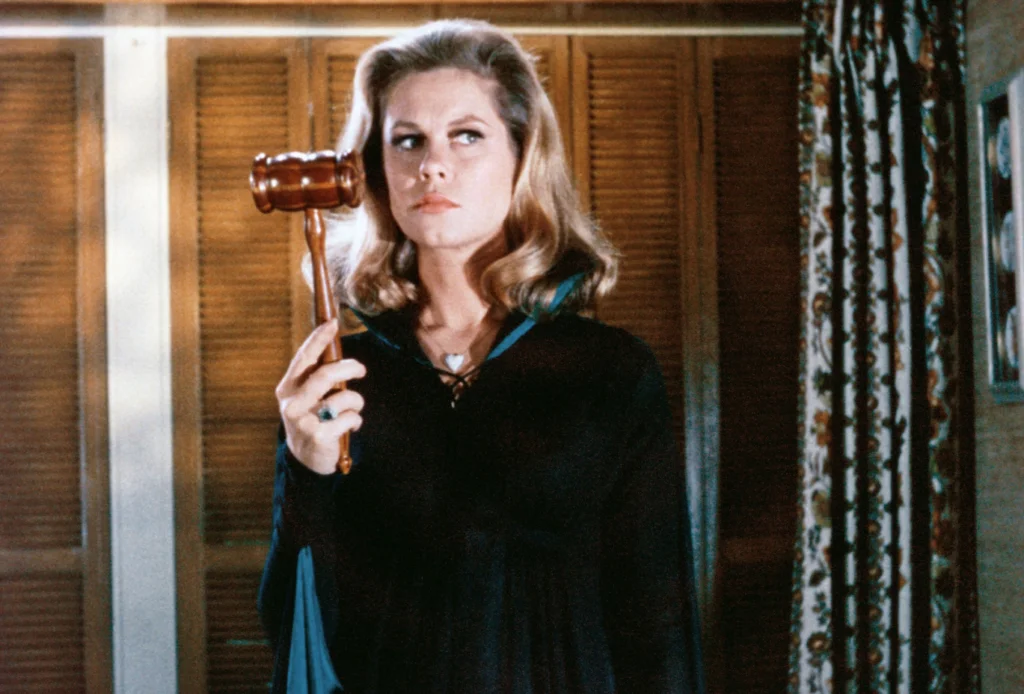
“Bewitched” presented Samantha Stephens as a witch trying to live as a mortal housewife, but beneath this supernatural premise was a woman whose strategic intelligence consistently rescued her husband from professional and personal disasters. Rather than simply using magic to solve problems (which would have made for very short episodes), Samantha typically developed complex plans that accounted for multiple contingencies, human psychology, and social dynamics. Her ability to anticipate how different people would react to various interventions showed sophisticated systems thinking that her advertising executive husband rarely displayed.
Samantha’s intelligence was particularly evident in how she managed the competing demands of her mortal and magical worlds without allowing either to collapse. Her diplomatic handling of her mother Endora’s hostility toward Darrin required psychological finesse worthy of international peace negotiations. When navigating the delicate balance between honoring her husband’s wish for a magic-free life while still maintaining her own identity and heritage, Samantha demonstrated the kind of nuanced ethical reasoning and identity integration that psychologists now recognize as hallmarks of advanced cognitive development and emotional intelligence.
9. Harriet Nelson’s Community Intelligence
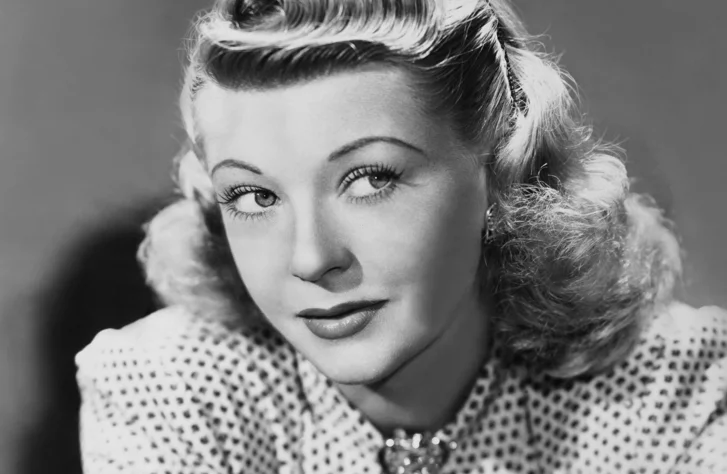
As the matriarch of “The Adventures of Ozzie and Harriet,” Harriet Nelson displayed remarkable community intelligence through her extensive knowledge of neighborhood dynamics, social networks, and local resources. When Ozzie had harebrained schemes that required community support, it was invariably Harriet who knew exactly which neighbors could provide specific assistance, which local officials needed tactful handling, and how to mobilize community resources without creating obligation or resentment. Her mental map of the community’s social landscape represented a sophisticated understanding of social capital that sociologists wouldn’t formally recognize until decades later.
Harriet’s intelligence was particularly evident in how she strategically positioned her family within the community’s social hierarchy through careful impression management and relationship cultivation. Her awareness of which social connections would benefit her sons’ future prospects, which community involvements would enhance the family’s reputation, and how to navigate potential social pitfalls demonstrated a practical social intelligence that Ozzie’s more theoretical approach to problems couldn’t match. While never appearing calculating, Harriet’s careful attention to the family’s social standing revealed an understanding of status as a resource that could be developed and leveraged for family benefit.
10. Carol Brady’s Conflict Resolution Expertise
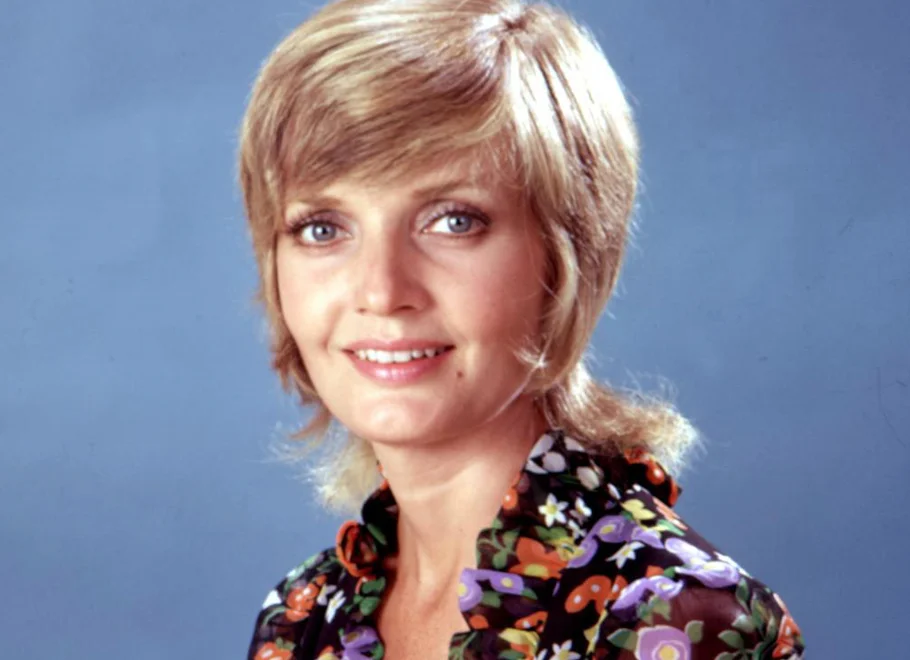
While often portrayed as primarily concerned with domestic matters, Carol Brady of “The Brady Bunch” demonstrated sophisticated conflict resolution skills that would impress professional mediators. When managing disputes between six children with different temperaments, communication styles, and biological backgrounds, Carol employed techniques like active listening, perspective-taking exercises, and structured problem-solving approaches that wouldn’t become standard conflict resolution practice until organizational psychology embraced them in the 1980s. Her ability to help children articulate underlying needs rather than positions showed an intuitive understanding of interest-based negotiation long before Getting to Yes became a bestseller.
Carol’s intelligence became particularly apparent when contrasted with Mike’s more authoritarian approach to family problems. Where Mike often defaulted to pronouncing judgments or imposing solutions, Carol typically facilitated processes through which family members could discover their own resolutions. Her famous technique of having quarreling children articulate each other’s perspectives before offering solutions demonstrated sophisticated understanding of cognitive empathy as a prerequisite for conflict resolution. When she told Mike, “They need to solve it themselves or they’ll never learn,” she wasn’t abdicating responsibility but applying developmental psychology principles about autonomy and skill acquisition.
11. Maude Findlay’s Political Intellect
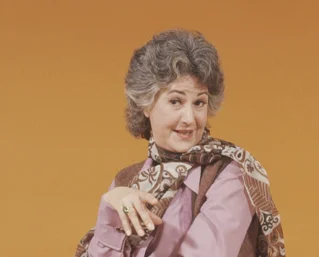
Though technically portraying an aunt rather than a mother on “All in the Family” before getting her own show, Edith’s cousin Maude Findlay demonstrated remarkable political intelligence that made her the liberal counterpoint to Archie Bunker’s conservatism. Maude’s understanding of policy implications, historical precedents, and systemic inequalities revealed a sophisticated political mind that could dissect complex social issues with precision. When debating topics from healthcare access to gender discrimination, Maude consistently demonstrated knowledge of research, policy alternatives, and implementation challenges that went far beyond talking points to substantive analysis.
Maude’s intelligence was particularly evident in her ability to connect seemingly disparate social issues into coherent political frameworks that explained underlying patterns rather than just addressing symptoms. Her passionate articulation of how women’s economic dependency connected to reproductive rights, educational opportunity, and workplace discrimination demonstrated systems thinking that anticipated the intersectional analysis that would become central to social theory decades later. While sometimes portrayed as strident, Maude’s political positions were consistently grounded in factual analysis and ethical reasoning that revealed a mind engaged with the most challenging questions of her era.
12. Lily Munster’s Scientific Adaptability
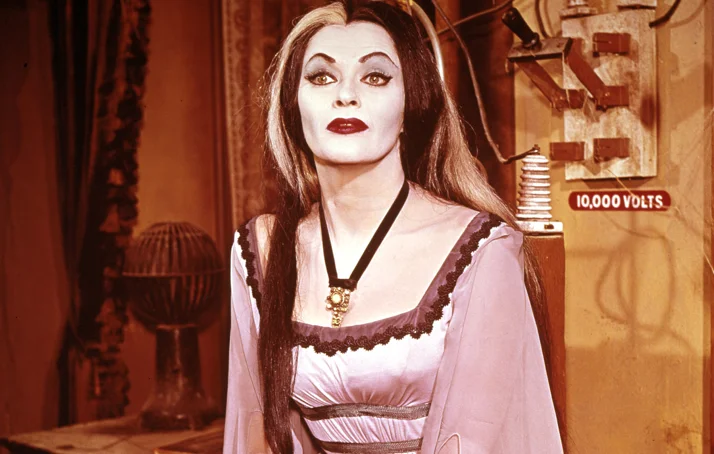
“The Munsters” played the concept of a monster family for laughs, but Lily Munster quietly demonstrated remarkable scientific intelligence in how she adapted medieval vampire knowledge to modern suburban living. Her innovative modifications to household technologies—adjusting recipes for her unusual family’s nutritional needs, adapting cleaning methods for a home that benefited from dust and cobwebs, and developing specialized care techniques for her werewolf son—showed sophisticated experimental approaches and practical problem-solving. Without formal scientific training, Lily essentially conducted ongoing ethnographic research on suburban America while simultaneously running controlled experiments on technology adaptation.
Lily’s intelligence became particularly apparent when helping her family navigate interactions with the “normal” world, developing protocols that minimized risk while allowing necessary engagement. Her careful analysis of which aspects of their monstrosity needed concealment in different social contexts, which could be explained away as eccentricity, and which might actually prove advantageous demonstrated sophisticated risk assessment and contingency planning. While Herman bumbled through human interactions with minimal adaptation, Lily’s careful observations and strategic adjustments revealed the kind of cognitive flexibility and analytical thinking that anthropologists recognize in successful cultural brokers navigating multiple worlds.
13. Morticia Addams’ Financial Sophistication
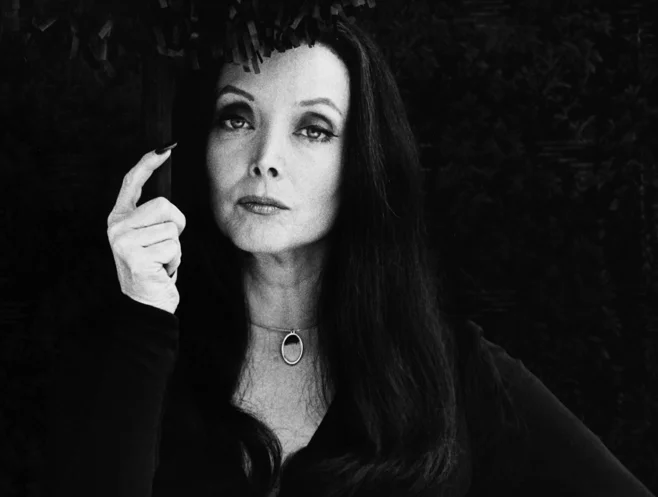
Though “The Addams Family” played her gothic aesthetics for humor, Morticia Addams demonstrated remarkable financial intelligence through her management of the family’s extensive wealth and investments. Casual references throughout the series revealed that while Gomez made impulsive investments based on whims, Morticia quietly maintained their portfolio’s balance through strategic diversification and careful asset allocation. Her passing comments about municipal bonds, real estate holdings, and currency fluctuations revealed sophisticated understanding of financial markets that would have impressed Wall Street veterans of the era.
Morticia’s financial acumen extended beyond investment management to philanthropy and estate planning, areas where she demonstrated both technical knowledge and strategic vision. Her careful structuring of charitable trusts, art endowments, and educational foundations revealed understanding of tax code complexities and nonprofit governance that typically required teams of professional advisors. When she casually mentioned setting up “the children’s offshore accounts” or restructuring the family foundation “to accommodate the new tax regulations,” she wasn’t just demonstrating wealth but the sophisticated financial intelligence required to preserve and deploy it effectively across generations.
Our television mothers of the ’60s and ’70s rarely received storylines focused on their intellectual contributions, yet these women consistently demonstrated forms of intelligence that kept their fictional families functioning and thriving. From financial wizardry to diplomatic genius, from ethical reasoning to strategic thinking, these matriarchs solved problems that stumped the supposedly “smarter” characters around them. Their intelligence wasn’t measured in degrees or professional accolades but in the practical wisdom that navigated family challenges with grace and foresight. Perhaps it’s time we recognized that behind those freshly baked cookies and gentle reminders about sweaters was the true brainpower that made these classic shows work—proving that mother really did know best all along.


